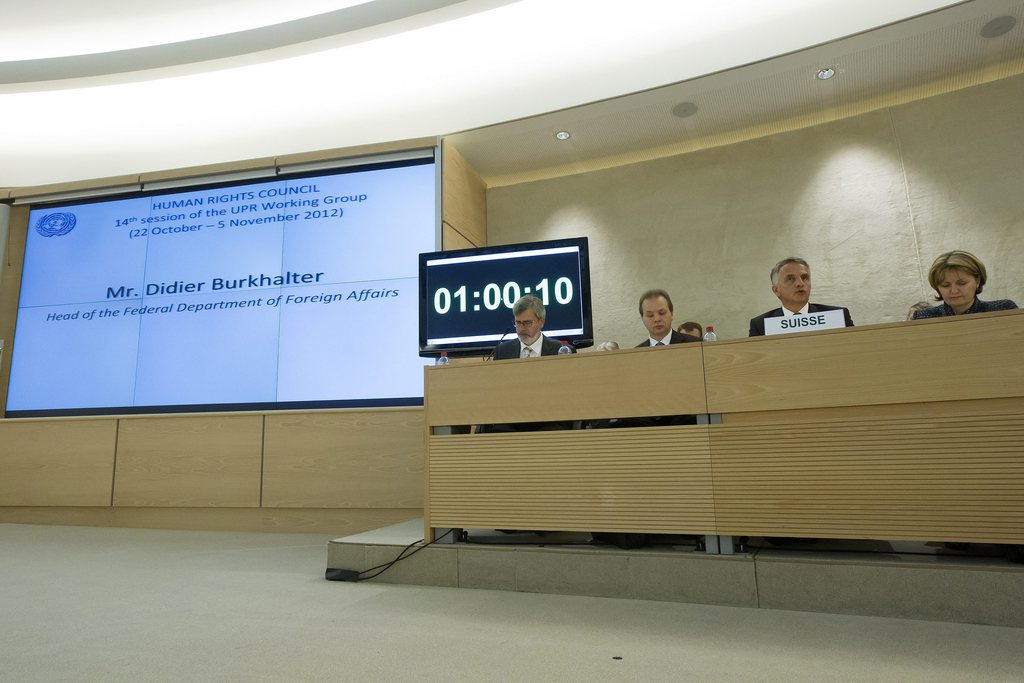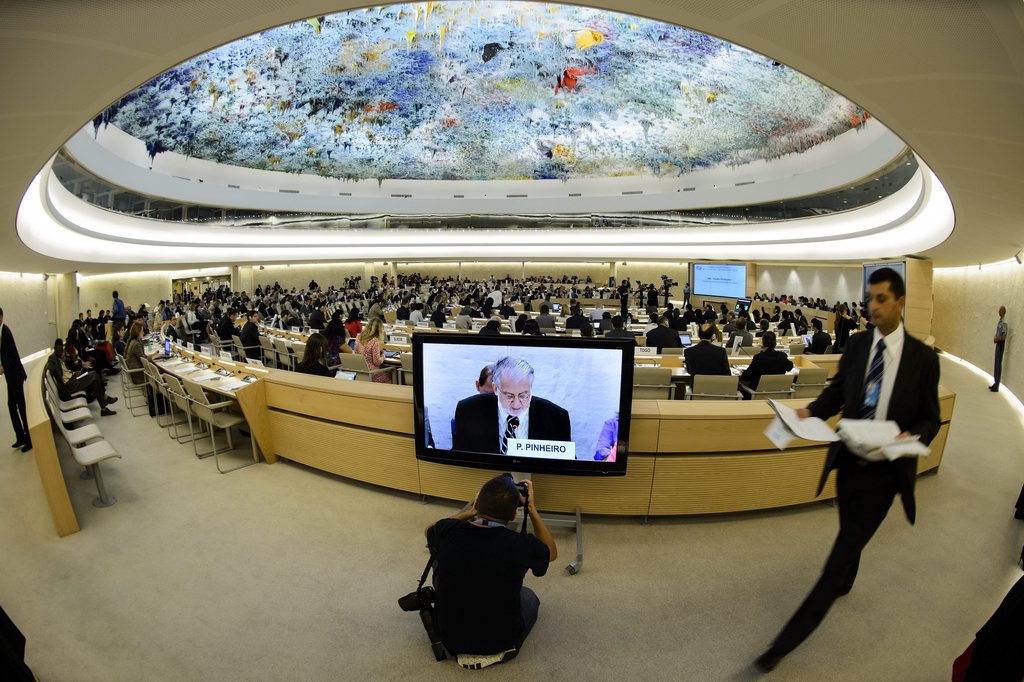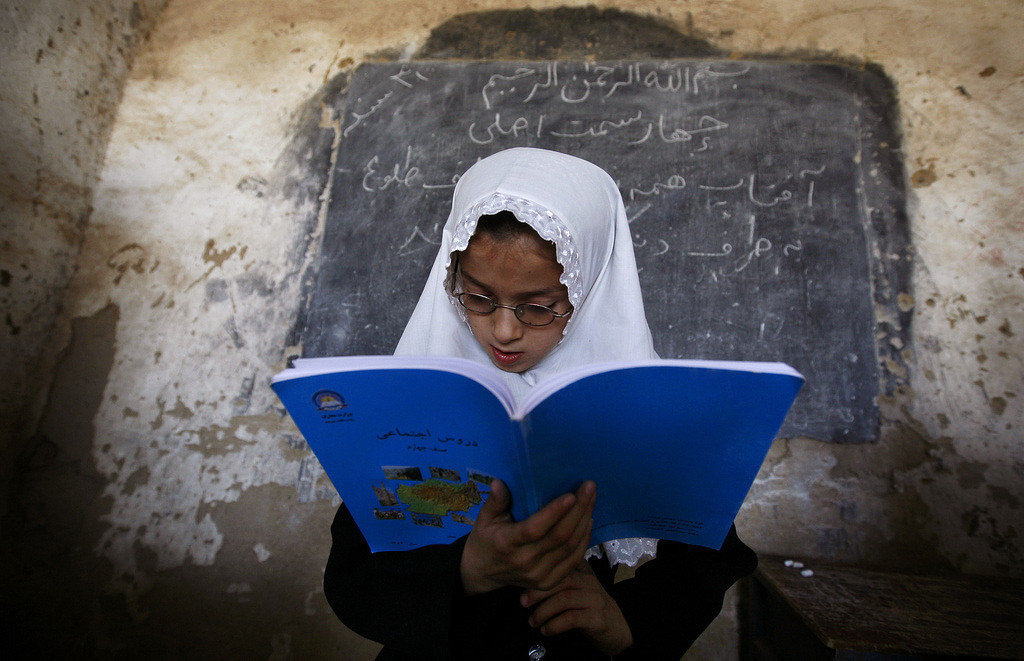Swiss vow to improve human rights situation

Switzerland has accepted 50 recommendations made by other states as part of a human rights peer review process carried out by the United Nations Human Rights Council, while rejecting four others, notably refusing to overturn a ban on new minarets.
Swiss representatives said on Wednesday that another 86 proposals made during its second Universal Periodic Review (UPR) earlier in the week would receive a response at the next session of the Geneva-based council in March next year.
The Swiss rejected suggestions to ratify the UN convention on migrant worker rights or to draft legislation banning organisations that espouse racist views. It also rejected calls to turn back the clock on a ban on new minaret construction accepted by Swiss voters in 2009.
During Switzerland’s appearance before the council on Monday, the United States, Norway and a handful of Arab states described the ban as a restriction of religious freedoms.
Finally, Switzerland will not put into place national laws ensuring effective legal consideration of economic, social and cultural rights. For the Swiss government, none of these proposals have sufficient domestic backing to be accepted.
However, the Swiss pledged to ratify UN conventions on the rights of disabled people and forced disappearances, as well as to intensify efforts against racism, intolerance and xenophobia. Better integration of migrant workers is also a stated goal.
Switzerland will work notably towards reducing wage inequality between men and women, as well as improving the fight against human trafficking, sexual exploitation and domestic violence.
“We know what needs to be improved and it will be discussed in the public domain,” Swiss ambassador Claude Wild told council members on Wednesday.
The newly created Swiss Centre of Expertise in Human Rights (SCHR) has been asked to inform and consult the cantons and the public before Switzerland hands in its final report on the review in March.
Swiss non-governmental organisations hailed Switzerland’s response to the review, stating the foreign ministry had taken a positive step in associating civil society with the process.
“We are not surprised four recommendations were turned down,” said Alain Bovard of Amnesty International Switzerland. “We are satisfied with the fact that a certain number of proposals are still up for discussion, even if some of them will be rejected, because the authorities and civil society will have their say.”
The first four-year review exercise of all 193 UN member states began in April 2008. The records of states were examined using a common mechanism, regardless of their size, wealth, military or political importance.
The second four-and-a-half-year UPR cycle began on May 21. Switzerland’s second review took place on October 29.
Before each appearance the state under review submits a national report spelling out the steps they have taken to implement accepted recommendations from the first review. This is complemented with a UN report and summary of stakeholder information (NGOs, etc.).
The review is facilitated by groups of three states members of the council, or troikas, which act as rapporteurs. Nigeria, Belgium and Costa Rica supervised the Swiss presentation.
During the session, an interactive dialogue between the country under review and the council takes place and later a working report is adopted for each country.

In compliance with the JTI standards
More: SWI swissinfo.ch certified by the Journalism Trust Initiative











You can find an overview of ongoing debates with our journalists here . Please join us!
If you want to start a conversation about a topic raised in this article or want to report factual errors, email us at english@swissinfo.ch.